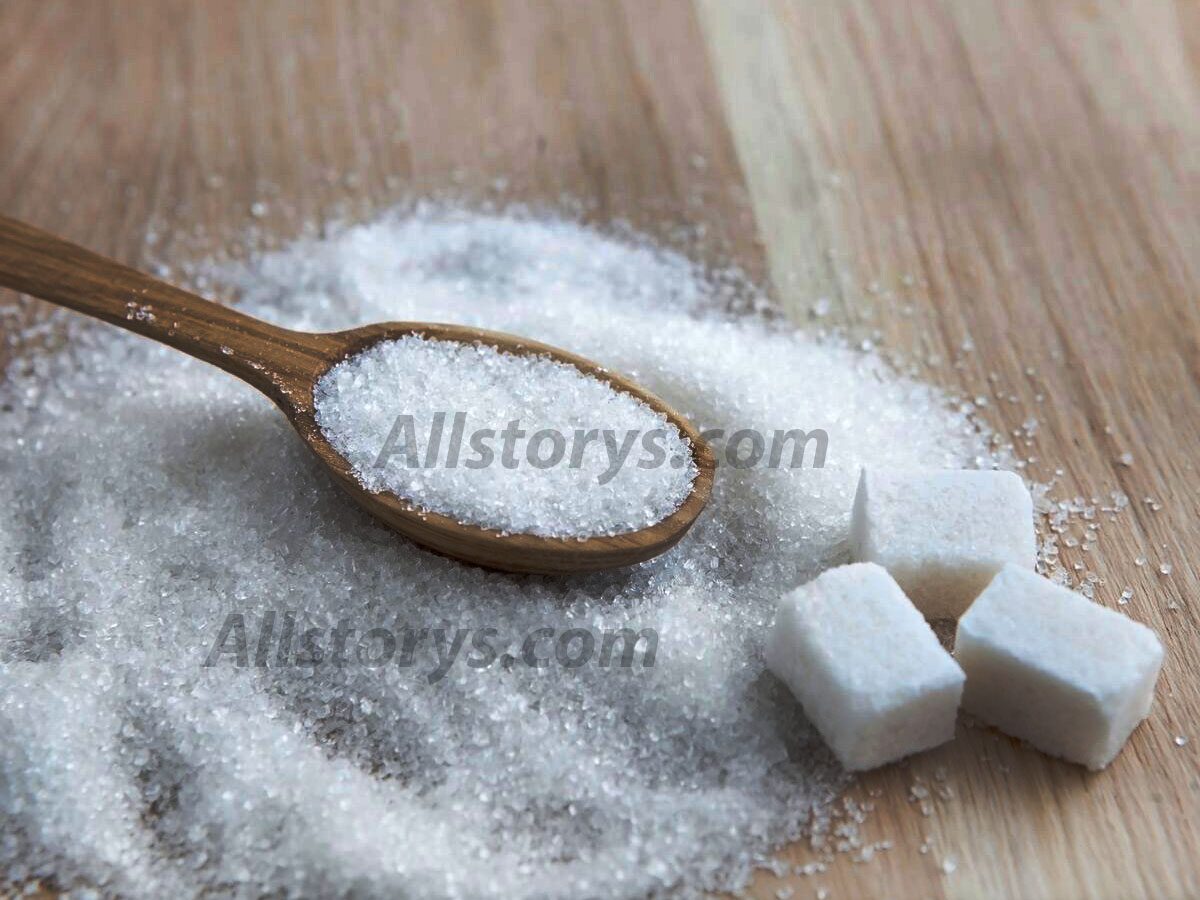artificially sweetened beverages
According to a study published on Tuesday, those who drink two Liters or more of artificially sweetened beverages each week are more likely than people who do not to get a condition called atrial fibrillation, an abnormal heart beat.
According to the study, drinking two Liters or more of artificially sweetened beverages or two litres or more of sugar-sweetened beverages each week raised the incidence of atrial fibrillation by 20% and 10%, respectively.
Based on the self-reported beverage intake of around 201,000 persons in the UK who were enrolled in long-term health research projects, the conclusions were drawn. Atrial fibrillation risk was lowered by 8% in those who reported having one litre or less of 100% pure fruit or vegetable juice without added sugar.
This is the first study to calculate the potential association between the quantity of sweetened beverages drank and the risk of atrial fibrillation, an asymptomatic condition. However, among other symptoms, it might occasionally result in weakness, vertigo, and palpitations of the heart. Atrial fibrillation can cause major side effects like blood clots, strokes, and heart failure if left untreated.
The study’s conclusions simply indicate that drinking artificially or sugar-sweetened beverages can be a predictor of atrial fibrillation risk rather than demonstrating that sweetened beverages might induce atrial fibrillation. Uncertainty surrounds the molecular processes causing this risk.
But given these results, we (would) advise people to cut back on or stay away from sugar- and artificially-sweetened beverages whenever feasible, according to the study’s lead author, Ningjian Wang, an internal medicine professor and clinical researcher at Shanghai Jiao Tong University School of Medicine in China.
“Drinking low-sugar and low-calorie artificially sweetened beverages is not always healthy,” Wang stated in an American Heart Association press statement. The results of the study were released on Tuesday in the American Heart Association’s official journal Circulation: Arrhythmia and Electrophysiology.
Because they have fewer calories, beverages with artificial sweeteners have become more and more popular. According to surveys conducted in the US and the UK, three out of ten consumers drink low-calorie drinks that include artificial sweeteners like stevia, acesulfame, saccharin, aspartame, or sucralose.
A new guideline recommended against using non-sugar sweeteners to regulate body weight or lower the risk of non-communicable diseases was announced by the World Health Organization last year.
According to the WHO, a comprehensive analysis of the data revealed that prolonged use of non-sugar sweeteners may have unfavorable consequences, including an increased risk of adult mortality, diabetes, and cardiovascular disease.

